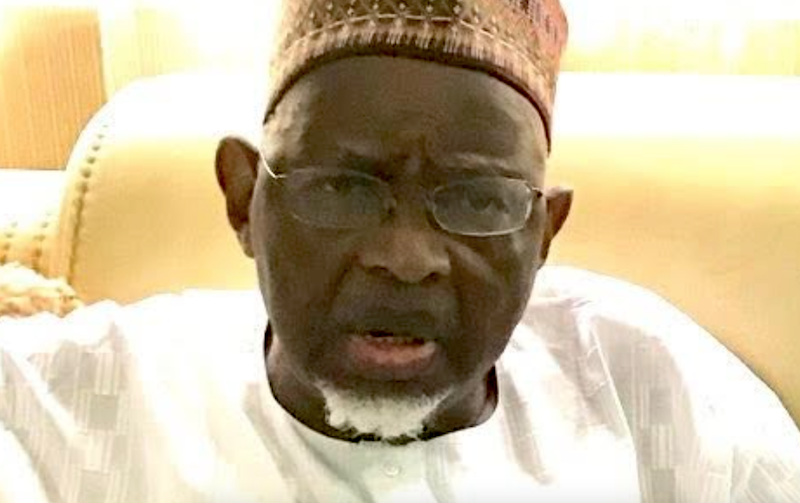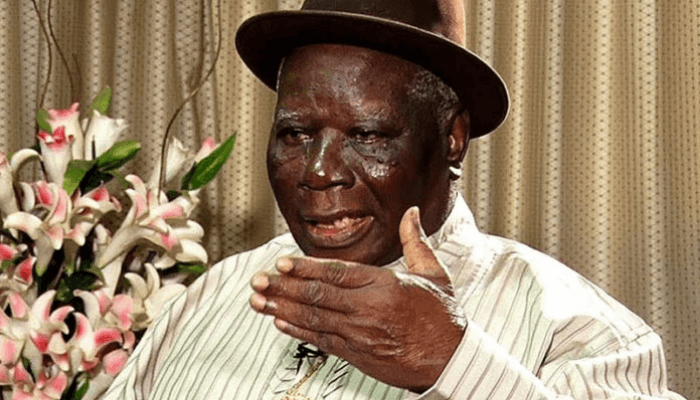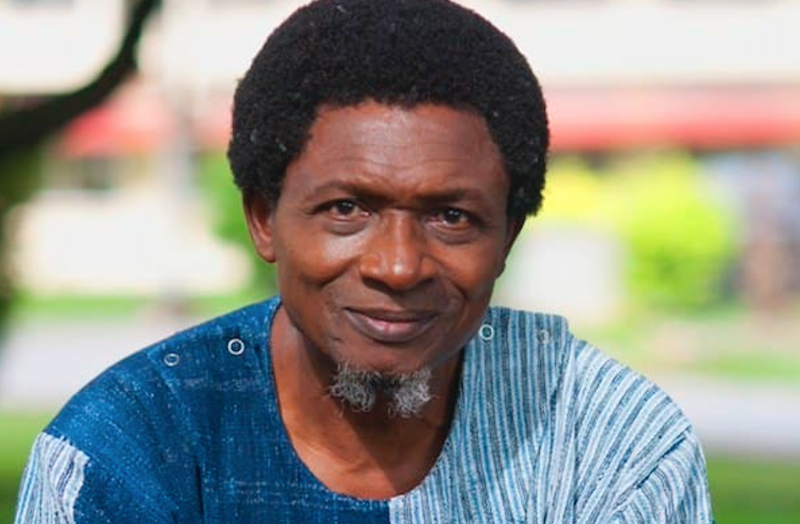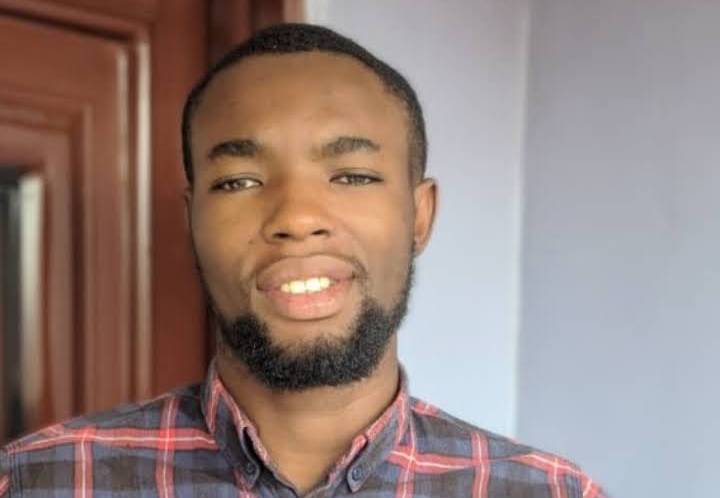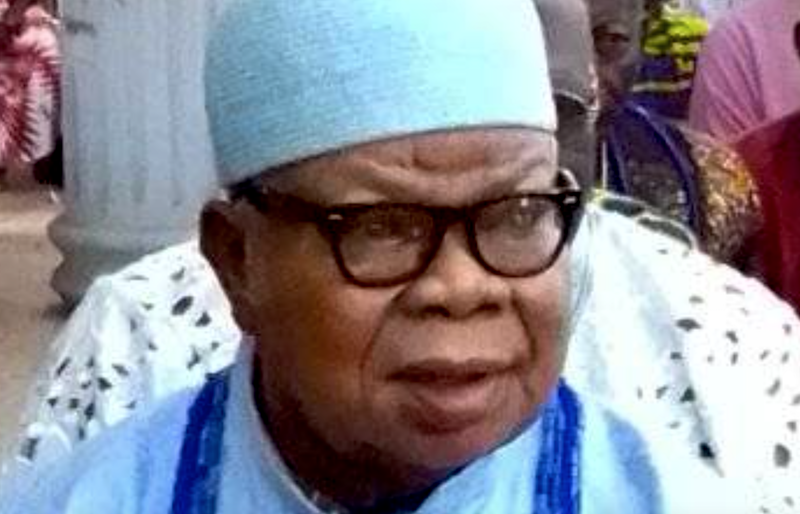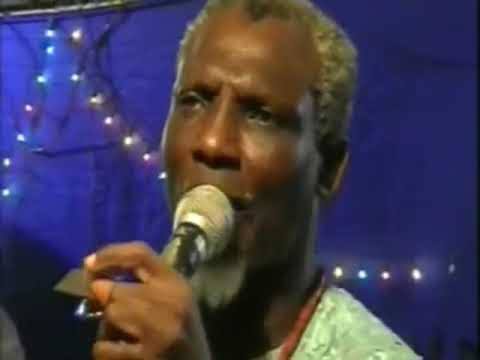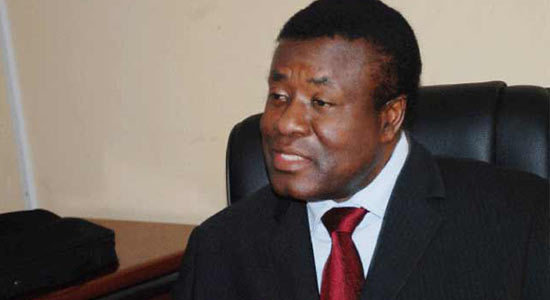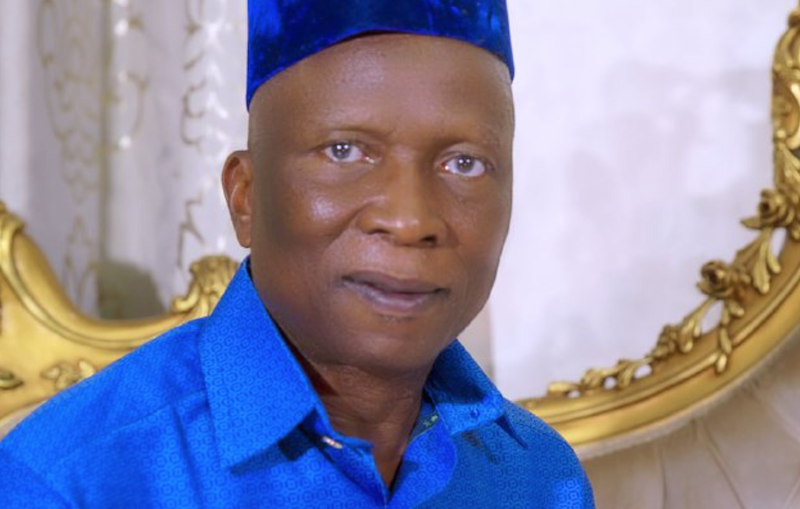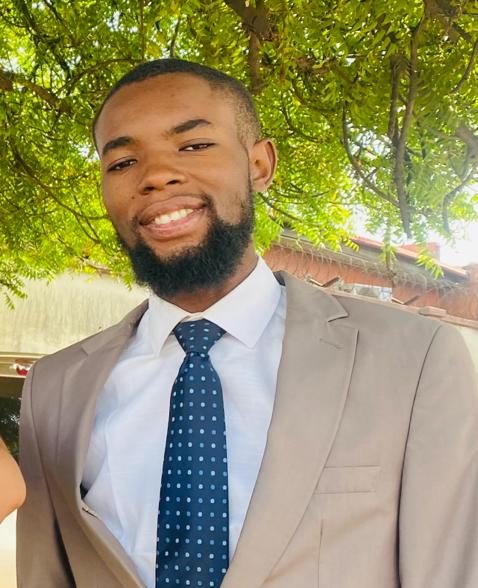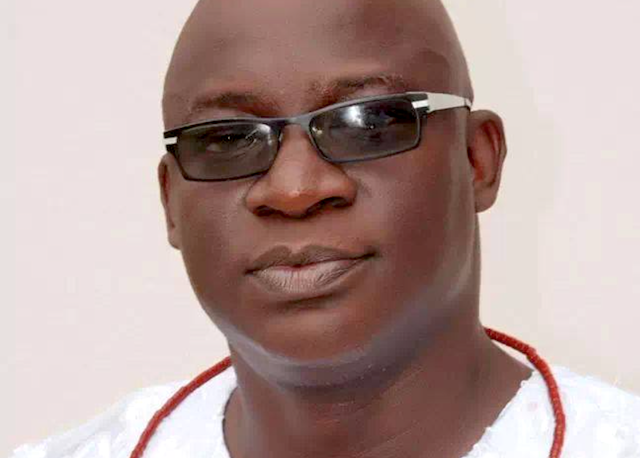By C. Don Adinuba
With the death on Thursday, June 5, of Jibril Aminu, former Minister of Education, former Minister of Petroleum, former Nigerian Ambassador to the United States, former Organization of Petroleum Exporting Countries (OPEC) President, former Executive Secretary of the National Universities Commission (NUC), former University of Maiduguri Vice Chancellor, former Professor of Medicine at Howard University in Washington, DC, and a former senator of the Federal Republic, Nigeria has lost one of its brightest and most liberal citizens. I lost a friend and confidant.
When former Vice President Alex Ekwueme, a versatile intellectual, was running to get the Peoples Democratic Party (PDP) presidential ticket in the late 1990s, I strongly recommended Aminu to be his running mate because of his intellectual acuity and moral integrity. People who write about Aminu being the best medical student in Ibadan in 1965 may not know that while a medical student he won a national essay competition dominated by arts students, many of whom later became distinguished academics in English and other disciplines in the humanities. Despite the high public offices he occupied for decades, his lifestyle was modest. In any case, Aminu was a prominent member of G-34 which Ekwueme led admirably and sat by his side at the All-Politicians Summit at Eko Hotel in Lagos which government security agents disrupted because Dr Ekwueme and his group were known to be fiercely opposed to Abacha’s plot to be a life president.
Yet, for many years I almost loathed Aminu. When David Ogbodo, then his Special Assistant who was to become the Nigerian National Petroleum Corporation (NNPC) Group General Manager, requested Okey Ndibe and myself in Orji Uzor Kalu’s office in Apapa, Lagos, in 1986 or 1987 to meet the Minister of Education with the flattering words of “he will certainly like you for your brilliance”, we were aghast. The press was projecting Aminu as a jihadist, a regional Troubadour, a Fulani irredentist, a dull minister, a hater of southern progress in modernity, etc. When we narrated to Goddy Nnadi, then The Guardian Education Correspondent, of our invite to meet the minister and he made a spirited effort to present different image of the minister, we were disillusioned. It was years before we realized we were casualties of conditioned imagination.
It took Ogbodo’s persistent effort for me to change my mind and meet Aminu. The meeting was scheduled to last for not more than an hour in his Park View Estate residence in Ikoyi, Lagos, but it went on for over four hours as we discussed practically everything under the firmament, including international affairs. I queried him on all kinds of issues based on preconceived notions, and he was not just brilliant but also candid. I saw someone who thought little of Sani Abacha, then Nigeria’s military ruler. He spoke against the system in the North which was keeping millions of people in poverty and ignorance, saying he recognized the system the first time when he was a pupil and an attempt was made to deny him a scholarship at Barewa College, despite his stellar record, because he was from an unknown family. He railed against this system years later when we went to see a former Inspector General of Police (IGP), Mohammed Gambo Jimeta, who was also from Adamawa State, in his office in Abuja. He was in a hurry to see the North modernize and develop fast but met a lot of obstacles.
Aminu, a medical professor, was distraught to see Dr Datti Ahmed, who was a year ahead of him at medical school in Ibadan, lead the false, dangerous but popular and effective propaganda in the North that polio immunization was a strategy by the West to depopulate the Muslim community. Aminu was alarmed that the future of a generation of Northerner children was being destroyed. He tasked me with a strategy to counter the anti-immunization campaign without hurting his political and social standing before the mass of the people who were being led by the nose by a self-serving elite. He jumped at my proposal when I submitted it, and people like Simon Kolawole, a patriotic, selfless Nigerian and sound professional who was then editing Thisday, The Saturday Newspaper, helped with the implementation. The strategy was effective, as immunization against the deadly six child diseases resumed in the Northwest and Northeast during the time of President Olusegun Obasanjo who spared no effort or resources to end polio and other diseases that paralyzed mostly children from poor homes.
Aminu liked the Yoruba for their sense of justice and social activism, and admired the Nnewi people in Anambra State for their accomplishments, ranging from education to manufacturing to entrepreneurship to their sense of community and to their love of motherland. He cherished his traditional sobriquet of Oyimba Nnewi, Friend of the Nnewi People, perhaps more than any other. His knowledge of Nnewi’s history and even that of neighbouring towns was amazing. At once humorous and profound, Aminu once turned to me, after a discussion on the Igbo and their strategy of self-development, and said: “You must help Ebonyi stop being the North of the Southeast!”
He was distressed that even though Adamawa State at a point had so many sons in strategic positions like the Chief of the Air Staff, Chief of the Army Staff, the Chief of the Naval Staff and others during the military regime, it was not developing rapidly. The elite there liked to live in Kaduna and later Abuja; from there they would fight themselves viciously, thus leaving their home in a state of arrested development. Apart from Vice Admiral Murtala Nyako who built a humungous farm in the state, Aminu brought almost every other thing that made Adamawa State have some economic base in the 1990s.
When he intimated me of his plans to sponsor Nyako to become the next Adamawa State governor, I encouraged him. In 1997 when Bart Nnaji, then holding a big professorial chair in engineering at the University of Pittsburgh in the United States, was receiving an honorary doctorate from the Federal University of Yola, he, General Ike Nwachukwu, a former Minister of Foreign Affairs, and myself drove in the same car from Abuja to Yola while Dr Okwesilieze Nwodo, the Enugu State immediate past governor, and Professor Julius Onah, the Enugu State University Vice Chancellor, drove in another to Yola where we were received by Nyako who the next day took us to his magnificent farm. We were awed. We marvelled at his innovative abilities. So, when Aminu sought my opinion on his plans for the erstwhile naval chief, I didn’t hesitate to support them.
Yet, no sooner he became a governor than Nyako, as Aminu lamented, began to behave like another Nigerian politician. Nyako’s deputy, Bala Ngalari, a bright Christian lawyer who used to practise in Maiduguri, became the governor when Nyako was impeached. Like most people from the Northeast, he has tremendous respect for Aminu.
Aminu’s political star was almost dimmed in 2007 for supporting former military ruler Ibrahim Babangida to succeed President Obasanjo. Vice President Atiku, a fellow Fulani from Adamawa who wanted to become the president, felt bad, and so began a recall process against him. Aminu tasked me with a counter strategy. The courts still had integrity, and I suggested a court action which Olisa Agbakoba, founder of the Civil Liberties Organization (CLO), would lead because of not just his professionalism but also visibility and political astuteness. The senator quickly ran to the judiciary which saved him the dubious distinction of being the first National Assembly member to be recalled if his traducers had succeeded. For some reason, Agbakoba did not handle the case.
Aminu served with aplomb. That’s why he held numerous offices. As the NUC Executive Secretary, for instance, he was instrumental to the emergence and rapid rise of Nigeria’s second-generation universities at Benin, Port Harcourt, Jos, Calabar, Maiduguri, Kano and Sokoto. Under his leadership, the NUC grew from a one-room office to a major national institution. As the petroleum minister, he started the process of indigenizing the petroleum sector in a concrete way by awarding marginal field oil licences to Moshood Abiola, Mike Adenuga, Arthur Eze, and many others. Edoreh Agbah, who was to retire as an NNPC General Manager, summarized Aminu’s tenure with this understandable hyperbole: “Before Aminu, there was no Minister of Petroleum, and there has not been since he left the office”. He was the only former petroleum minister invited to speak at oil and gas meetings. A liberal Nigerian enamoured of talent, his closest confidant was David Ogbodo, a lawyer from Enugu State who stood with him to the very end, and even after death.
May the Almighty grant mercy to Aminu, a most accomplished Nigerian who related with all and sundry with dignity regardless of their status, creed or place of birth.
Adinuba was the Anambra State Commissioner for Information and Public Enlightenment from 2018 to 2022.
